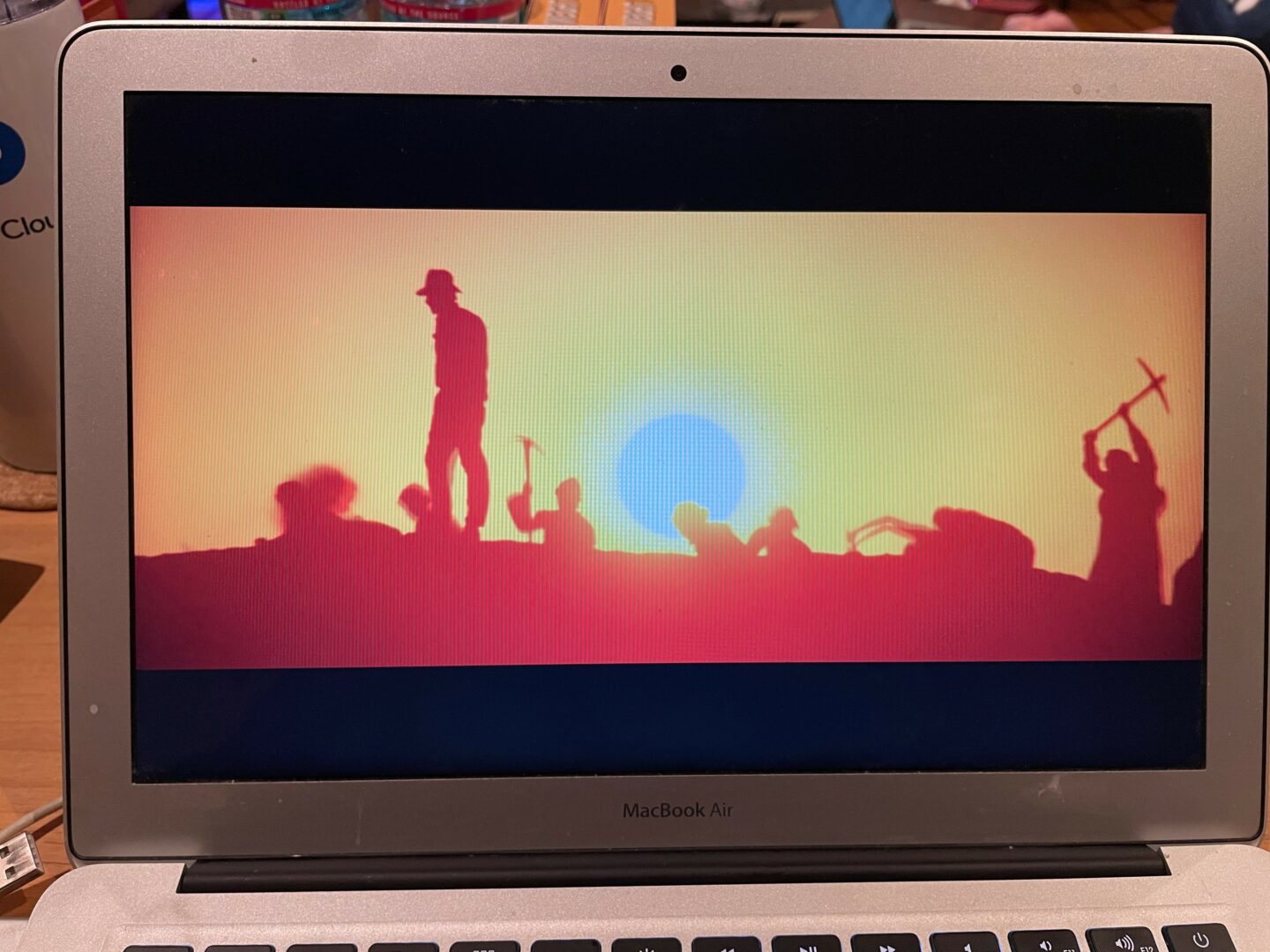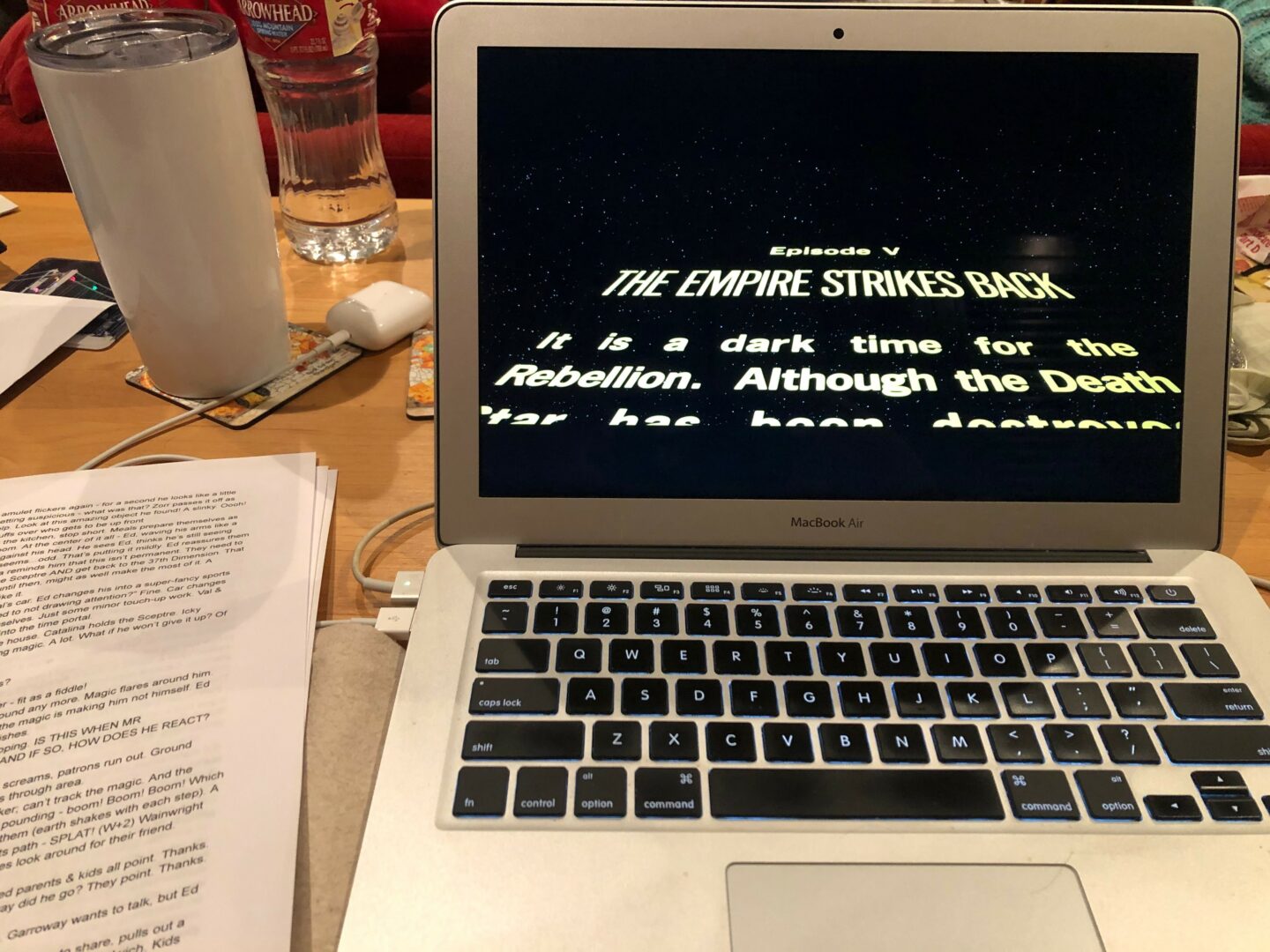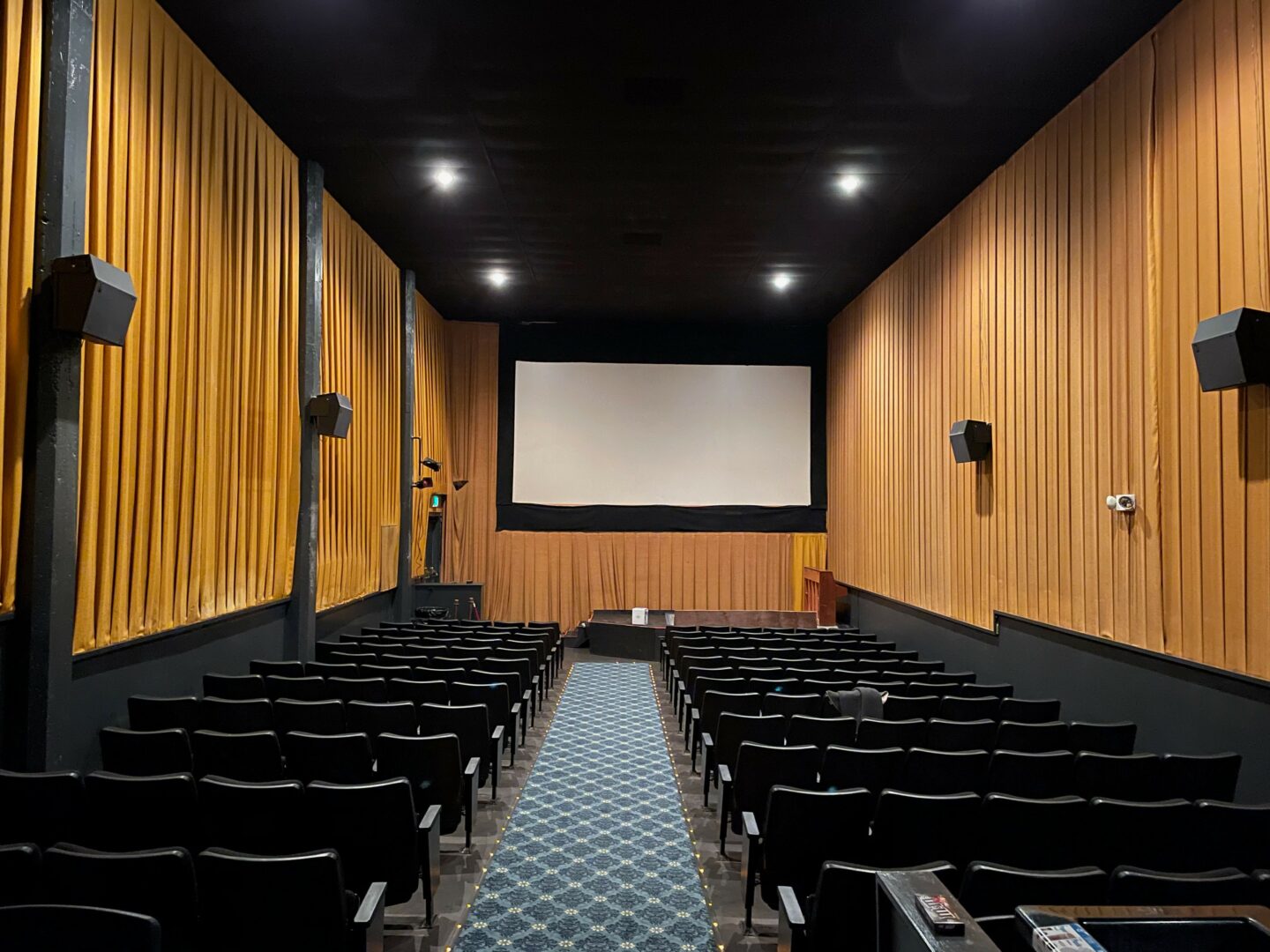We were lucky to catch up with Paul Zeidman recently and have shared our conversation below.
Paul, thanks so much for taking the time to share your insights and lessons with us today. We’re particularly interested in hearing about how you became such a resilient person. Where do you get your resilience from?
I don’t know if I’d call it resilience. Maybe “stubborn”, “persistent”, or possibly even “too damned mule-headed to know any better.”
I think a big part of it comes from simply wanting to succeed, no matter what I set out to do. Naturally, there are varying levels of success. It could be anything from replacing the faucet in the bathroom sink (thanks, YouTube!) to a first-time attempt at making croissants from scratch for my wife on Mother’s Day (they ended up being kind of meh).
But when it comes to screenwriting, being resilient is mandatory. This is an incredibly difficult field to break into. Rejection is a huge part of trying to make it as a screenwriter, so you need to be ready to shrug off every defeat – of which there will be MANY – and focus on working towards your next objective.
This is something I absolutely love doing, even though I’m well aware of how the odds are against me. Each rejection just makes me more determined to get back on that proverbial horse and keep trying.

Great, so let’s take a few minutes and cover your story. What should folks know about you and what you do?
I’m a screenwriter, and I like to describe my brand as “A fun rollercoaster thrill ride you can’t wait to get back in line for as soon as it’s over.”
I tell newer writers “Write something you would want to watch.” For me, that’s a fun popcorn adventure. I’m a child of the 70s and 80s, so movies like STAR WARS, RAIDERS OF THE LOST ARK, BACK TO THE FUTURE and THE GOONIES really resonate with me and had a huge influence on what I like to write. I tell stories that would appeal to both 14-year-old me and present-day me.
Some writers may hope for prestigious awards or a huge box office success. I just want you to have a great time at the movies watching something I wrote.

Looking back, what do you think were the three qualities, skills, or areas of knowledge that were most impactful in your journey? What advice do you have for folks who are early in their journey in terms of how they can best develop or improve on these?
I’d have to say it’s a combination of my love of writing, of telling stories, and the movies. Each of these plays a significant role in who I am today.
I’ve always been a writer, even as far back as elementary school. I was also a voracious reader, devouring whatever I could get my hands on. All of this made me want to tell stories only I could tell, and writing them was the best way to do that. Short stories, one-act plays, comics. I tried all of them. My 7th grade English teacher was convinced I was going to write The Great American Novel.
I’d always loved the movies, but it was a Film Appreciation class in high school that really opened the door to all the wonders that cinema had to offer. We started in the silent era and worked our way forward through the decades. At the end of the semester, everybody named their favorite film of the ones we’d watched. A majority picked REBEL WITHOUT A CAUSE. I was the only one who picked CITIZEN KANE.
I don’t really know what it was that made me try screenwriting, but once I did, there was no going back. Despite what Dorothy Parker said (“I hate writing, but love having written”), I really do love the process of coming up with an idea for a story, developing it, and then writing (and the endless rewriting) of it. Hopefully someday it’ll be how I make a living, but until then, I’m quite content to keep plugging away.

What do you do when you feel overwhelmed? Any advice or strategies?
I’ve got a lot going on overall, so it’s very easy to feel overwhelmed. The list of “stuff that needs to get done” seems like it never ends. You take care of one thing, and three more take its place.
I’ve found the best way to handle it is to prioritize. What absolutely needs to be taken care of now?
There’s also the tried-and-true To Do List. Writing down everything helps you feel a little more in control as well as set up expectations, and it is extremely satisfying to finish something and cross it off the list. I started doing this on a daily basis a few months ago and it has made quite a difference.
And when things get too overwhelming, just stepping away and taking a little time for yourself tends to be the best medicine. Go outside. Go for a walk. Exercise. Allowing yourself to think about something else goes a long way.
Contact Info:
- Website: http://maximumz.blog
- Instagram: https://www.instagram.com/pezscreenwriting/
- Facebook: https://www.facebook.com/pezscreenwriter
- Linkedin: https://www.linkedin.com/in/pzeidman/
- Twitter: https://x.com/maximum_z
- Youtube: https://www.youtube.com/@CreativeWritingLife
- Other: BlueSky – https://bsky.app/profile/pezscreenwriting.bsky.social

so if you or someone you know deserves recognition please let us know here.




